Research and Innovation Projects
The highlight of collaborations and joint R&D initiatives lies in the collaborative spirit and shared vision driving us forward. With about 80 customers and partners, the projects outlined below represent how we work together to push boundaries.

NEXT-STEP: aMVL, 3MdVL and 3MPD from second generation feedstock
NEXT-STEP aims to scale-up and demonstrate a sustainable, resource and energy efficient production route for bio-based building blocks aMVL, 3MdVL and 3MPD from second generation feedstock. NEXT-STEP will further demonstrate the applicability of aMVL, 3MdVL and 3MPD as a chemical building block for end-products, such as PLA based shoe outsoles, a recyclable NIPU foam for shoe midsoles and for insulation material for construction. In this project PDC will be responsible for conceptual process design and related activities. More info

Improve fermentation efficiency and downstream processes
The aim of the PROMOFER project is to improve the efficiency of the Poly(3-hydroxybutyrate-co-3-hydroxyvalerate) (PHBV) and 2,3-butanediol (BDO) fermentation and downstream processes, while valorising lignocellulosic biomass and food industry waste. These biobased materials are to be transformed into high-value application products. PDC will perform the conceptual process design of different fermentation and downstream separation processes, followed by the life cycle costing and life cycle assessment. More info

PILOT PLANT FOR INDUSTRIALLY VALUABLE CARBON MONOXIDE (CO) AND SULFUR (S)
The e-CODUCT project develops a working pilot plant for production of industrially valuable carbon monoxide (CO) and sulfur (S) from carbon dioxide (CO2) and hydrogen sulfide (H2S). This is done in an electrothermal catalytic reactor powered by renewable energy sources. The conversion process will involve two steps: The reduction of CO2 and H2S to carbonyl sulfide (COS) and the decomposition of COS into CO and sulfur. Within the consortium consisting of 9 members across EU, PDC will perform overall conceptual design and process integration for the technology, followed by techno-economic assessment and life cycle analysis. More info
BIOREFINERY SCHEME FOR PROCESSING LIGNOCELLULOSIC FEEDSTOCKS
The objective of FRACTION is the development and scale-up of a novel biorefinery scheme for the processing of lignocellulosic feedstocks based on an organosolv fractionation process using gamma valerolactone (GVL) as a green solvent. The consortium of 12 partners from 8 EU countries includes large-enterprise end-users. PDC focuses on the development and techno-economic evaluation of the integrated biorefining process. More info
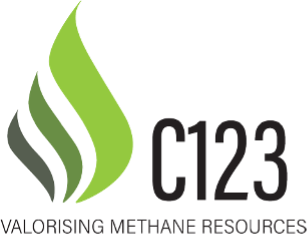
VALORIZING BIOGAS AND STRANDED METHANE GAS RESERVES
The aim of the C123 project is to valorize biogas and stranded methane gas reserves by the production of propylene and other C3 derivatives, more specifically propanol and propanal. In the project, PDC will also apply its conceptual process design tools and expertise for the design, integration, and techno-economic validation of the process concepts and scenarios. More info
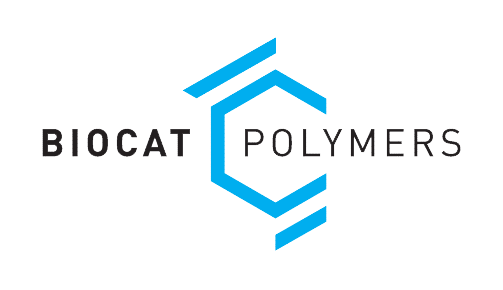
HIGH-QUALITY POLYMERS FROM RESIDUAL BIOMASS
In the BioCatPolymers project, the focus is on the production of biopolymers with equal or better performance than their fossil-based counterparts. Specifically, isoprene and 3MPD (3-methyl 1,5-pentanediol) are considered high-added-value monomers. PDC focuses on the conceptual process design and the full techno-economic assessment required toward pursuing the commercialization of the process. More info

WATER EFFICIENCY IN THREE SECTORS: PAPER, STEEL, AND DAIRY
The SpotView project aims to develop and demonstrate innovative, sustainable, and efficient processes for the recovery, re-use, and recycling of waste materials and energy heat in the dairy, pulp and paper, and steel industries. This is done by assessing 14 existing and new technologies for nine new water management practices. In the project, PDC works on the development of chemical heat pump technology together with Qpinch (Belgium) and focuses on the development and assessment of integrated water management systems. More info

CO2 Free Production Of Critical Raw Materials Using Hydrogen
MECALO demonstrates the innovative concept of renewable hydrogen and carbon looping for CO2-neutral production of Silicon (Si) and Manganese (Mn). PDC performs the process design, integration, and optimization as well as techno-economic assessment. More info
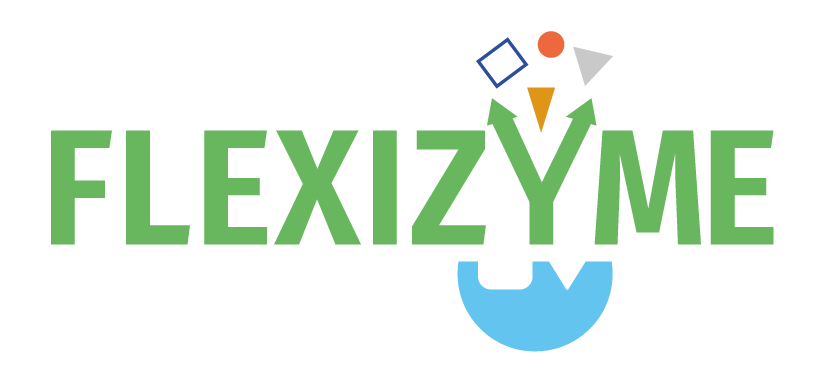
flexible biotechnological platform for fatty amine production
FLEXIZYME aims the development of a flexible biotechnological platform for fatty amine production from fat and protein-rich residues sourced from the agricultural industry. This platform will select and engineer enzymes using advanced bioinformatic and artificial intelligence (AI) tools, address scalability challenges and process integration, and produce fatty amine targeting end-products in the cosmetic, detergent and fertilizing sectors. The project is a collaboration of 17 partners, including SMEs, RTOs, NGO, and large companies across 6 European countries. The role of PDC in FLEXIZYME refers to the intended industrial scale and encompasses conceptual process design, reactor and unit operations selection and sizing, process optimization, techno-economic assessment and life cycle costing. More info
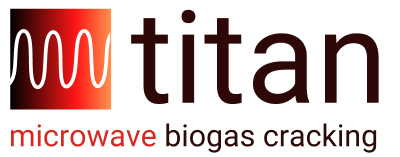
COST-COMPETITIVE HYDROGEN FROM BIOGAS
TITAN targets an innovative catalytic process for producing cost-competitive hydrogen from biogas together with integrated sequestration of carbon. The technology applies non-toxic catalysts in an electrified intensified fluidised-bed microwave reactor. The role of PDC encompasses modelling, process design, optimisation and scale-up of production to a techno-economically viable solution with environmental, resource and social acceptance. The project consortium includes 7 partners (industry, SMEs, research institute, association) from 5 EU countries. More info
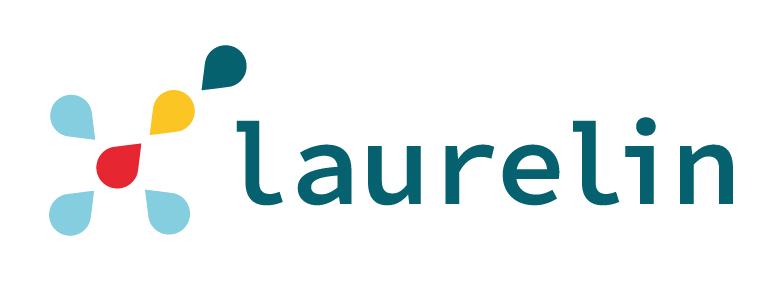
IMPROVING THE CO2 HYDROGENATION PROCESS
The project aims to develop, optimize and improve the CO2 hydrogenation process towards production of methanol using disruptive multifunctional catalyst systems in combination with magnetic induction, non-thermal plasma induction and microwave technologies. The consortium includes 8 partners from 5 European countries, which collaborate with the Tokyo Institute of Technology and the University of Tokyo in Japan. In the project PDC leads the conceptual process design and life-cycle assessment and costing. More info
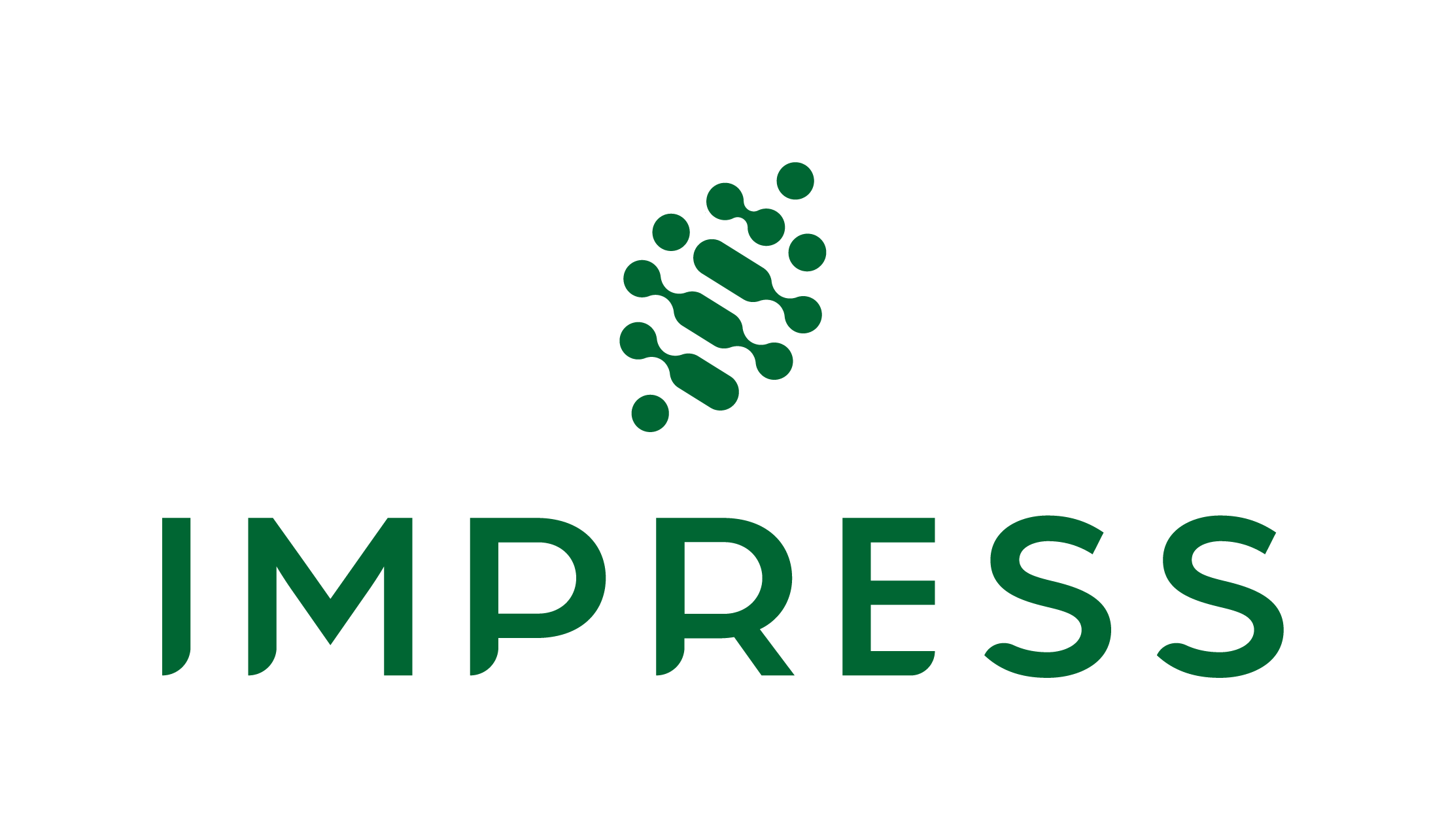
NEW HYBRID BIOREFINING PROCESS
IMPRESS creates a new hybrid biorefining process by integration of efficient downstream processes with Avantium’s DAWN and RAY Technology™. Green products include bio-MEG (ethylene glycol), bio-MPG (propylene glycol), xylitol, sorbitol, isosorbide, lignin nanospheres, and fodder yeast. With a total project of almost 18 million Euro the technology is demonstrated at industrial pilot scale. In the project PDC has a central role in process development and integration as well as techno-economic assessment. More info

BIOGENIC WASTE TO ROAD FUELS
The aim of the Waste2Road project is to develop biofuels from low-cost and abundant biogenic waste residues. As one of the eleven partners working in this project, PDC focuses on value chain integration and optimization, life-cycle costing, and techno-economic assessments. More info
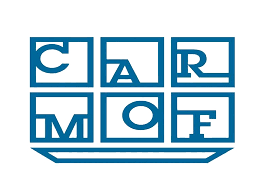
ADSORBENTS AND PROCESSES FOR CO2
CARMOF aims to offer pre-commercial technology validation of the VTSA (vacuum temperature swing adsorption) pilot plant and industrial demonstration plant designs. In addition to the process innovation, PDC is responsible for the conceptual design and techno-economic assessment of the demonstration plant scenarios. More info

Biobased flame retardants
The BIOSAFIRE project develops new biobased flame retardants using raw materials of renewable origin (lignins and tannins), which will be applied in different sectors: marine, railway, household appliances and coatings for wood (construction). PDC works on process design, integration, and optimization in a safe-and-sustainable-by-design (SSbD) framework and performs the techno-economic assessment.

HIGH-PERFORMANCE UV-CURING BIOCOATINGS
BIORING develops biobased building blocks that allow the formulation of novel high-performance UV-curing biocoatings with enhanced thermomechanical performance. The BIORING platform is demonstrated through proofs of concept for the automotive and construction sector. The role of PDC in BIORING is data analytics and management, conceptual process design, modelling, value chain integration and techno-economic assessment. The project is a collaboration of 12 partners covering SMEs, RTOs and large companies from 5 countries. More info

SCALABLE, MODULAR HYDROGEN PEROXIDE (H2O2) PRODUCTION
The main objective of HYPER is to demonstrate a scalable, modular electrochemical process for hydrogen peroxide (H2O2) production. The central innovation in HYPER is the use of persulfate as a stable oxidization intermediate, allowing both storage of renewable electricity and on-demand H2O2 production. In the project PDC performs the conceptual process design of the HYPER process and considers the integration with downstream applications in the pulp and paper, textiles, and coatings/chemicals industry. Furthermore, we take the dynamics of renewable energy source availability into consideration and investigate the techno-economic feasibility. The project is a collaboration of 12 partners (industry, SMEs, research institutes) from 9 EU countries. More info
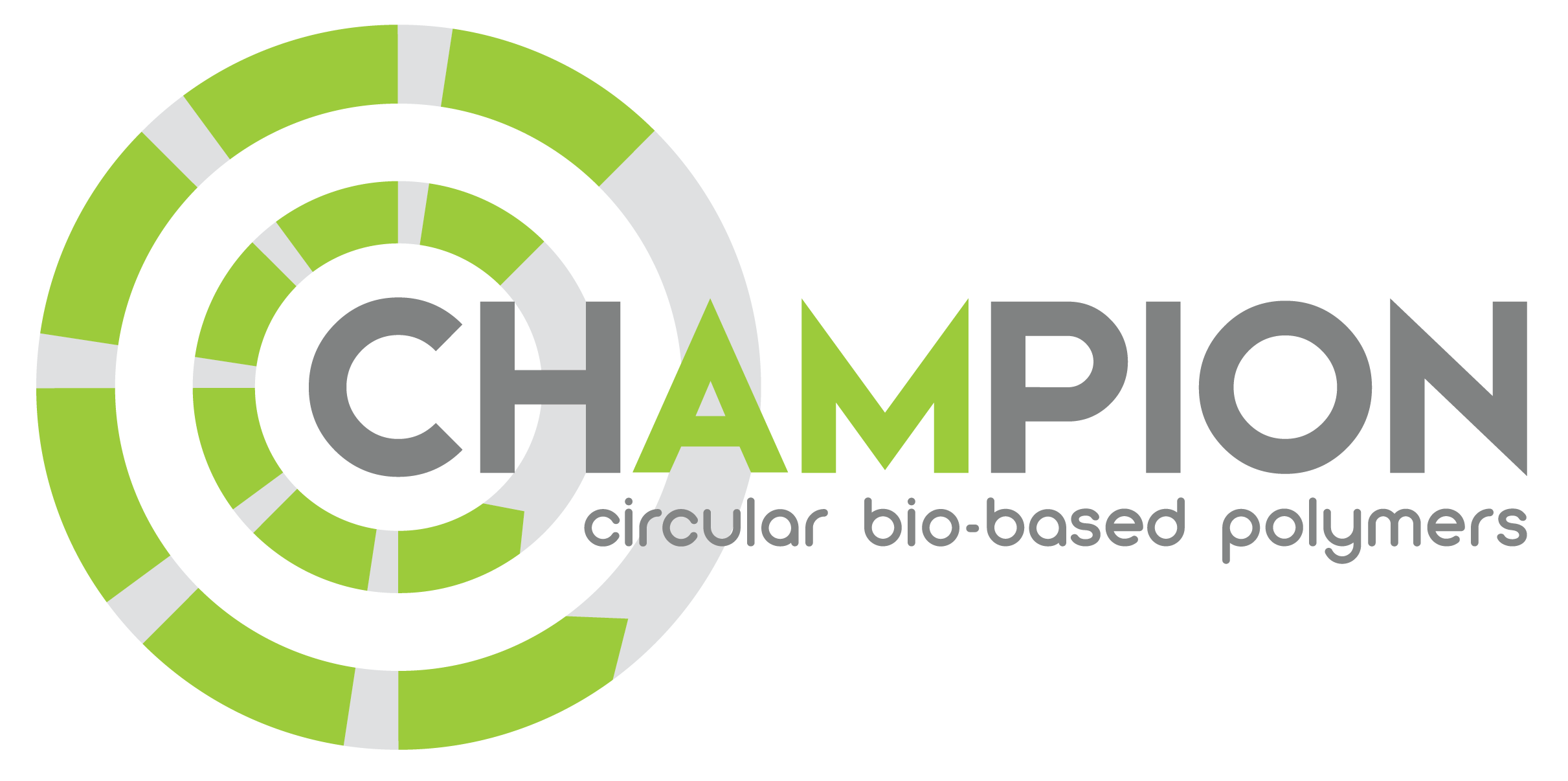
NOVEL BIO-BASED POLYMERS
CHAMPION aims to replace conventional polymers with novel bio-based polymers for their application in coatings, boards, home care products and structural adhesives. In a consortium of 14 partners from 6 European countries coordinated by the University of York, PDC performs the conceptual design of the most important production processes and a techno-economic assessment. More info

CONVERT PMMA SCRAPS INTO HIGH QUALITY RAW MATERIAL
The aim of the MMAtwo project is to develop an alternative process to convert PMMA industrial post-production scraps and end-of-life waste into high quality raw material. Implementation of the recycling value chain will significantly contribute to the circular economy of the plastics industry. In the project, PDC focuses on the process integration and techno-economic assessment of the developed process. More info
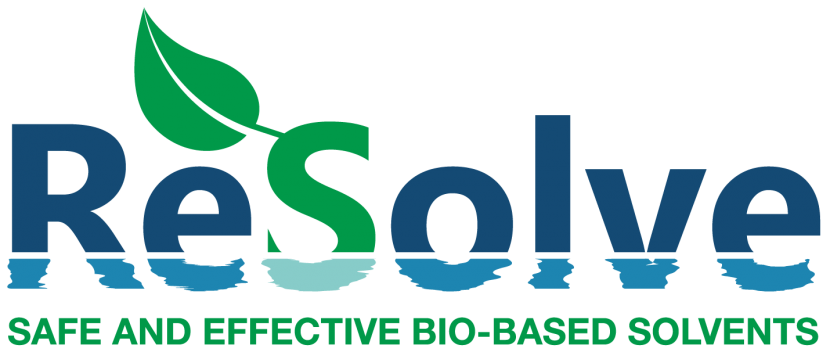
RENEWABLE BIO-BASED SOLVENTS
The project ReSolve, which is a public–private partnership between the EU Commission and the Bio-based Industries Consortium (BIC), aims to demonstrate the production of novel bio-based solvent alternatives. PDC focuses on the conceptual design and techno-economic analyses of producing selected bio-based solvents. More info
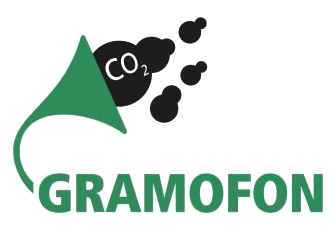
ADSORBENTS AND PROCESSES FOR CO2 CAPTURE
A new process—the Dry Sorption Process—for efficient CO2 capture through innovative adsorbents based on modified graphene aerogels and MOF (Metal Organic Framework) materials is being developed. In this project, PDC focuses on the conceptual design, scale-up, process integration, and techno-economic analysis of a commercial scale carbon capture and storage plant. More info